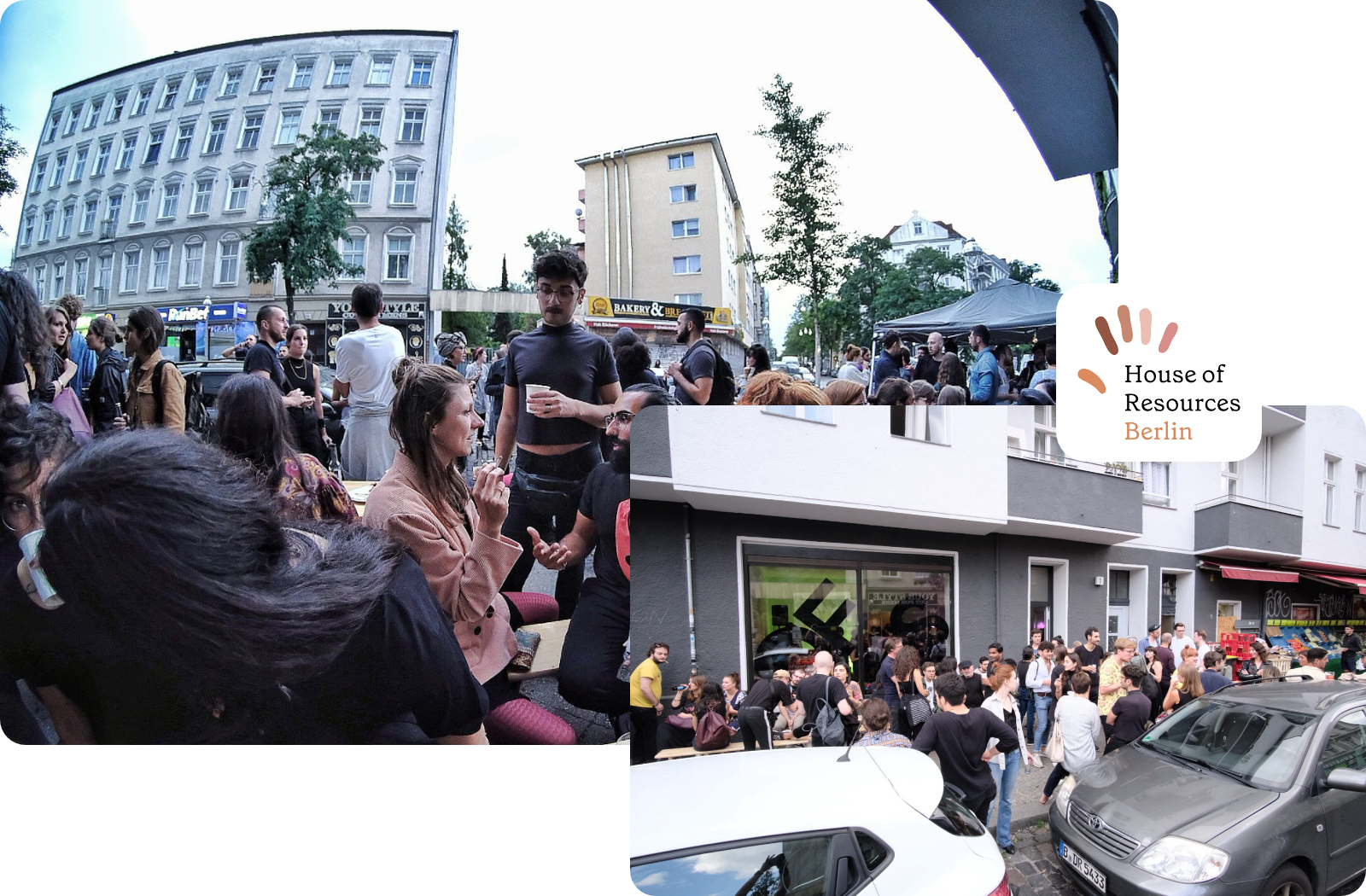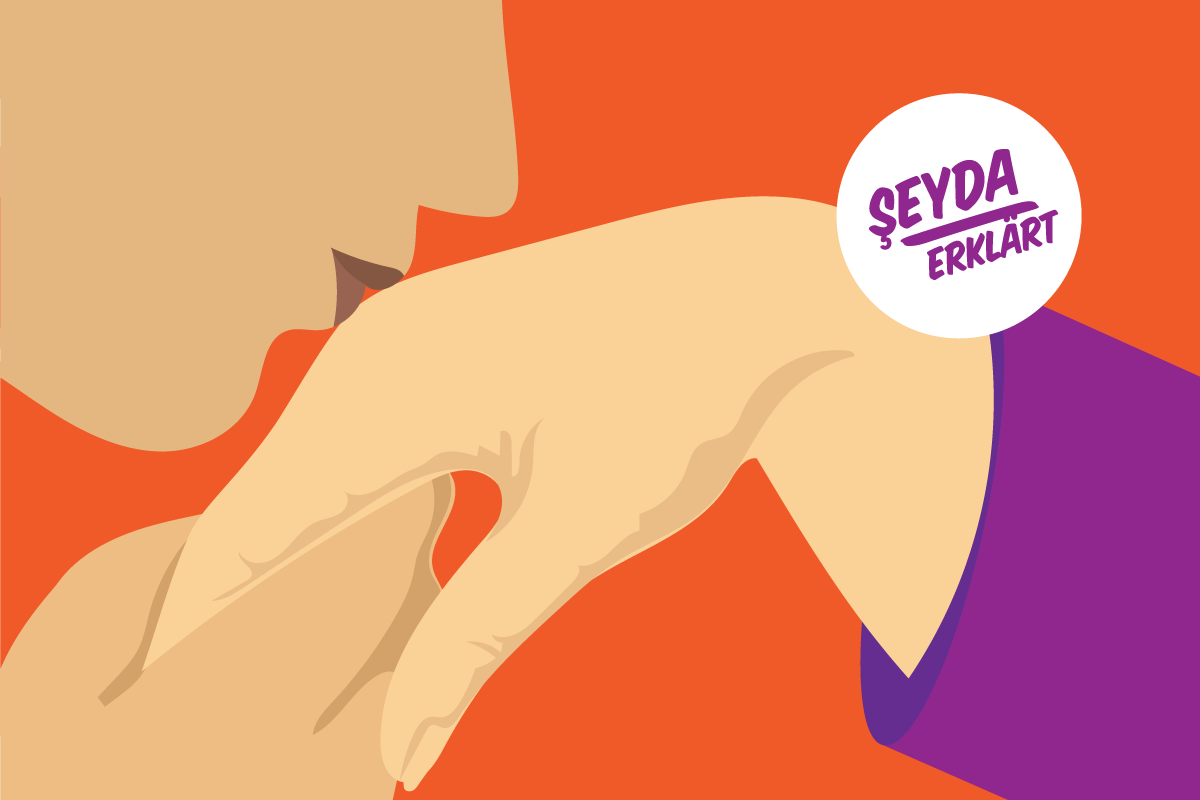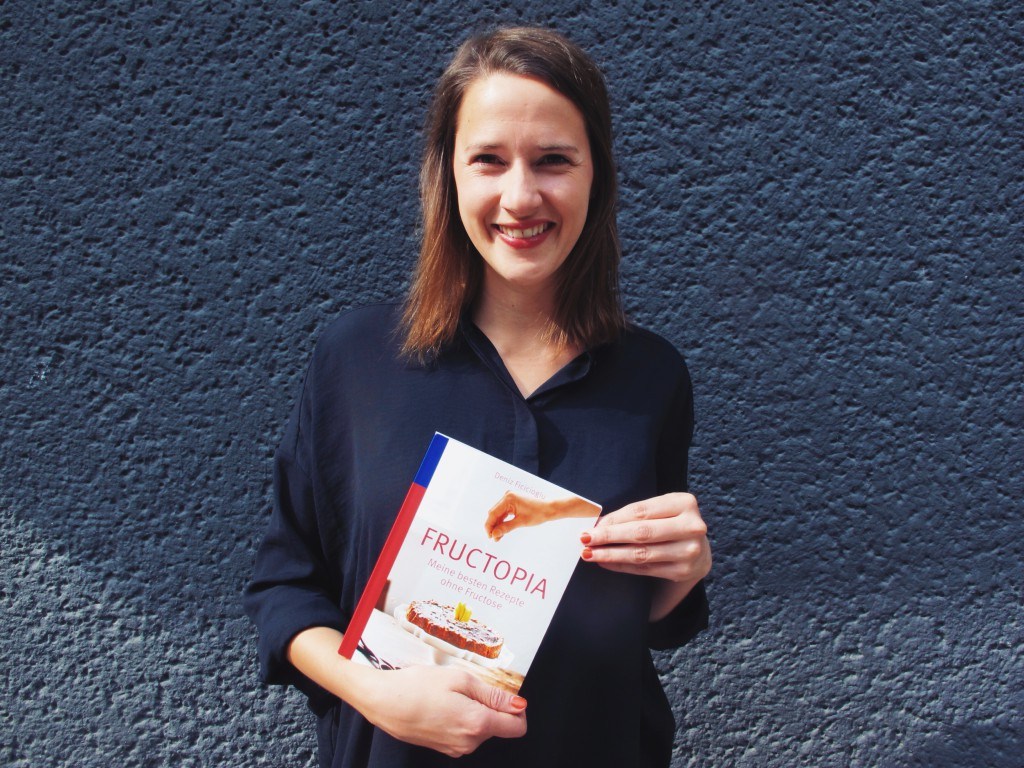I can’t even remember if someone ever explained to me why I had to kiss the hand of older relatives on special occasions. As a small child I never wondered why. It was just obvious to me: on holidays you get money or sweets for a hand-kiss. When we visited relatives at Ramadan or Eid al-Adha I was delighted for the reward after the hand-kiss, but somehow I was disgusted that I had to put my lips on the wrinkly hands of older people. Only after a while during which I unsuccessfully tried to cop out of the hand-kiss, my older sister gave me the tip not to kiss the hand, but to just touch it with my chin. That was my salvation. I still wondered quite often where the custom of the hand-kiss hailed from.
»Sevgi, Saygı, Sadakat«
»Sevgi, Saygı, Sadakat« (eng. love, respect, loyalty – ed.) are the keywords for an explanation about the meaning behind hand-kissing. The kisser expresses his or her love, respect, and loyalty to the older person with it. These virtues are emphasised by the gesture of bending down, only answering when asked and the calm behaviour of the kisser.
Who kisses the hand of whom?
By kissing an older person’s hand children, juveniles, and grown-ups demonstrate respect and show their love. The older person could be a parent, a relative, an acquaintance or a teacher. The hand-kiss demonstrates respect to their age and profession. The hand of people who are younger or the same age is not kissed.
How does the hand get kissed?
If an older person holds their hand out towards you, it is a sign that they are anticipating a hand-kiss. The reverent person takes it into their right hand, and touches the back of the hand with the lips or the chin and afterwards places it shortly to their own forehead.
When are kisses on the hand being performed?
The tradition of the hand-kiss is performed on religious holiday, to welcome or say farewell on special events, like weddings, engagements, henna-evenings or circumcision festivities.
Where is this a tradition?
The hand-kiss is a tradition in Turkey, the Middle East, in the Caucasus and the Balkans at specified rituals or festivities. But there are also hand-kiss traditions in the West. Catholics kiss the ring on the right hand of the pope, for example. The kiss on the hand of women by men, as it was custom in the olden days, sadly dwindled away.
Where does this hail from?
According to different historical sources, the hand-kiss is linked to the beginning of Islam in the 7th century AD. Tradition has it that Ali ibn Abi Talib, the first caliph of the Prophet Muhammad, said the following about the hand-kiss:
»Babanın çocuğunun elini öpmesi şefkatten, çocuğun babasının elini öpmesi ibadetten, kocanın hanımının elini öpmesi arzudan, kişinin din kardeşinin elini öpmesi ise dindendir.« – In English: »The father kisses the child’s hand out of goodness, the child kisses the hand of the father out of devotion, the husband kisses his wife’s hand out of desire, a Muslim kisses the hand of another Muslim out of faith.«
In a nutshell it can be said that this tradition can be traced back to a religious custom. In early Islam, the gesture of the hand-kiss defined certain hierarchies which still persist today and which have to be complied to according to the Islamic doctrine.
How is the hand-kiss tradition received nowadays?
The hand-kiss is not always connoted positively. Next to all of the virtues, a certain sense of being subordinate is being expressed through the hand-kiss. People for example say:
»El öperek geldi bu mevkilere.« – »He moved up, thanks to hand-kisses«
This figure of speech has two meanings: On the one hand it can be said that a person got promoted thanks to their loyalty, on the other hand it can be implied that they only got their position because they are a bootlicker.
In another figure of speech, the hand-kiss is blessed. A long life is wished for the young kisser: So that she or he will also be respected by many.
»El öpenlerin çok olsun.« – »May you have a lot of hand-kissers as well.«
Is the hand-kiss tradition disappearing?
For some time, it’s attracted my attention that many of my female acquaintances past forty deliberately avoid this tradition. They don’t stick their hand out anymore, shaking hands is adequate enough for them. Might it be that they don’t want to accept that they are getting older?
This is possible. As soon as your hand is kissed, you are pegged as older. You have changed roles.
I have to admit that I wasn’t really enthused when a little kid wanted to kiss my hand during the last Ramadan holiday. I guess that I will be ready to face this tradition from the older side in about twenty years. But at the moment I enjoy being on the younger side. I don’t get any money anymore, but I always looking forward to Turkish sweets like Baklava, Revani or Irmik-Tatlısı.
Credits:
Text: Nur Şeyda Kapsız
Illustration: shutterstock.com (copyright: Creative Stall)






